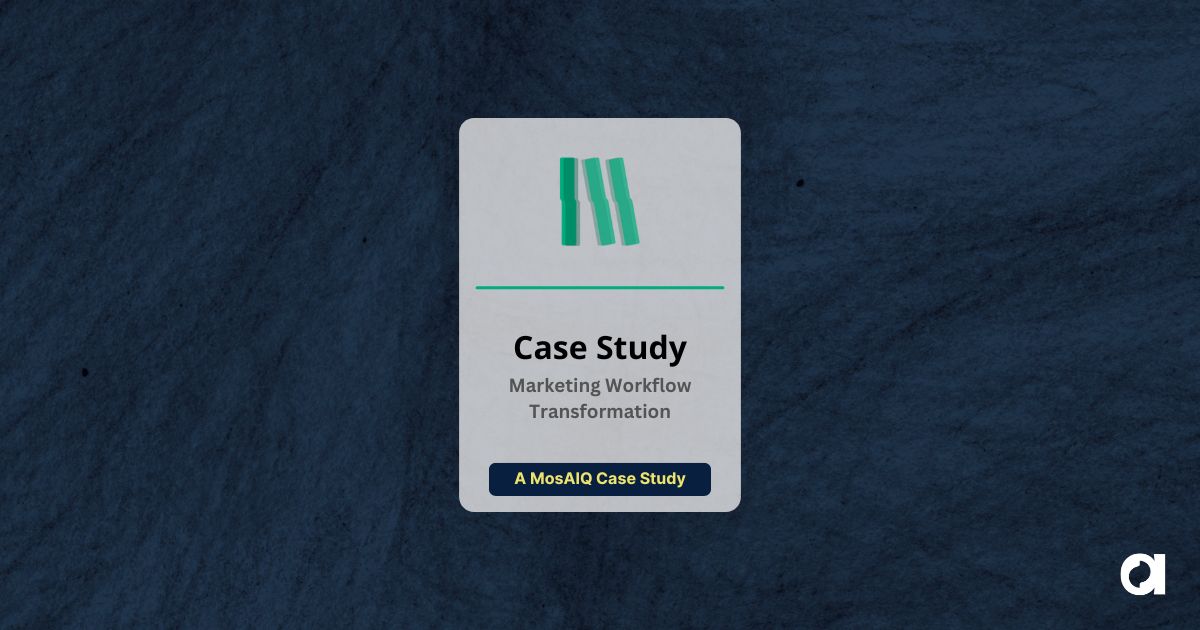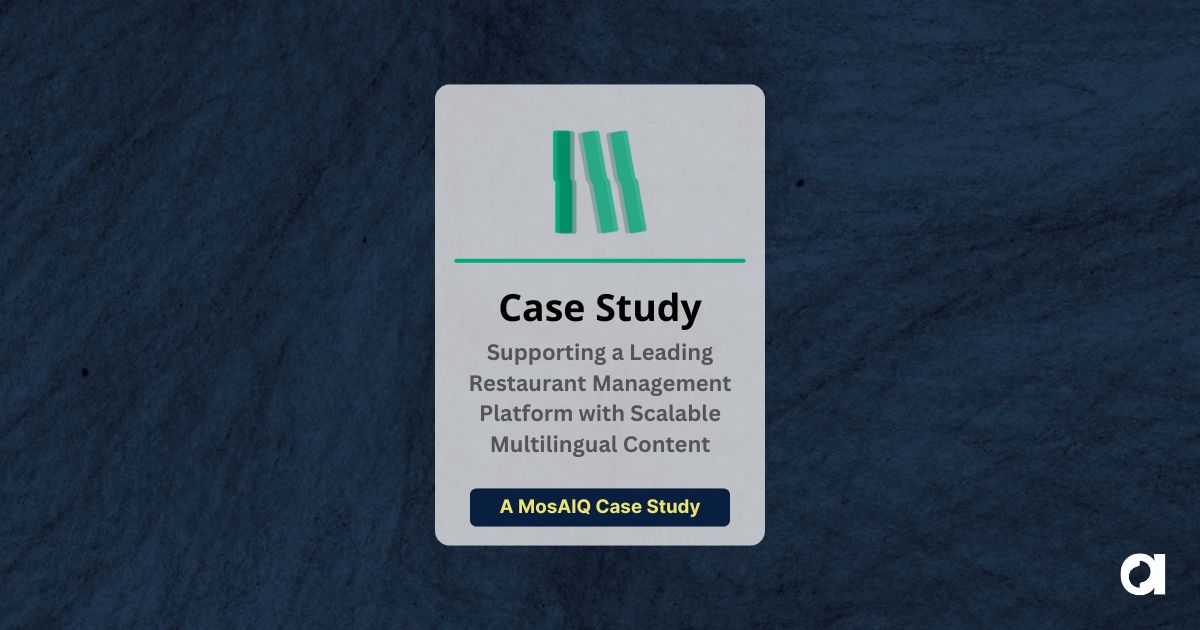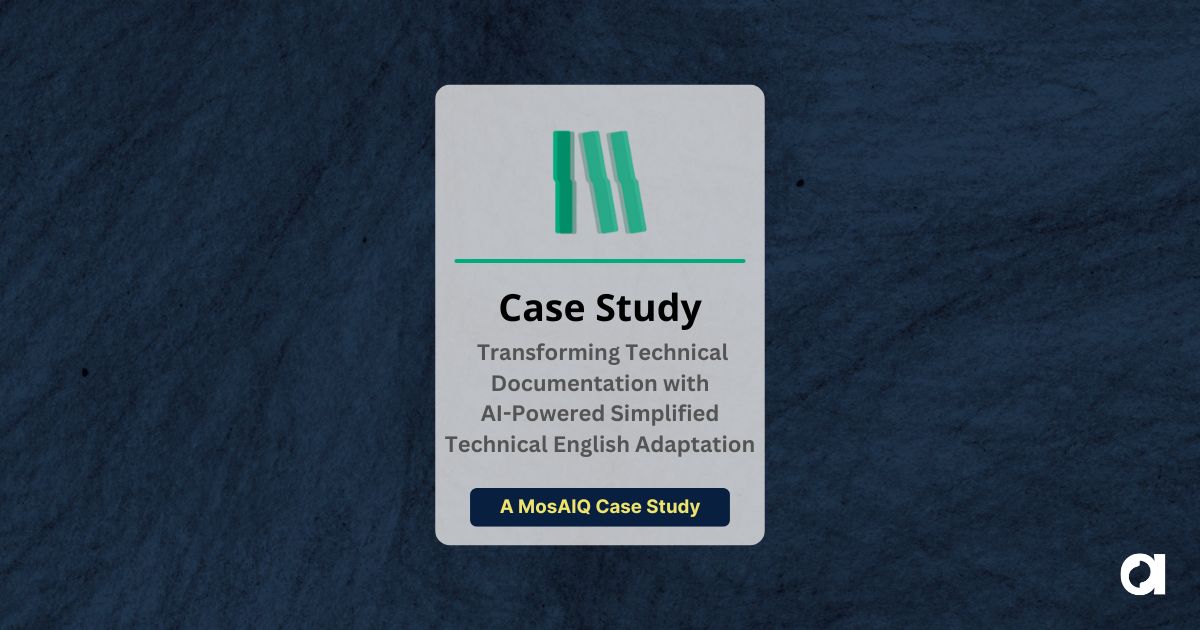Poorly translated marketing content leaves a terrible brand impression. How can translators get it right in the language of the EU’s economic powerhouse?
With the biggest economy in the European Union (and the fourth-largest in the world) Germany is home to some of the world’s best-known corporations and on the front line of new technologies. The capital city of Berlin is turning into a hub for innovative startups, and the country also hosts some of the biggest international trade fairs, including CeBIT, the world’s largest exhibition for information technology.
The need for quality German language translations is growing rapidly, but the language itself presents unique challenges that any marketing department dealing with German content needs to be fully aware of if they want their content to retain its authority and resonance in every market.
What makes German so challenging?
What difficulties do German translators typically encounter? A few that show up repeatedly include:
- Different proverbs and metaphors – an accurate German translation of the English expression “it’s all the same to me” would be “it’s all sausage to me.”
- Cultural references/humor – English headlines and taglines particularly tend to use a lot of puns, humor, and wordplay. German headlines typically provide information only.
- Gendered nouns – German nouns must all have a specific gender, depending on whether the subject of the sentence is a male, female, or gender-neutral noun. It’s intensely confusing for non-fluent speakers, and it shows why translation work needs to be done by someone who can decipher gendered nouns instinctively.
- Sentence structure – in German’s intricate grammatical structure, speakers can shift words around in the sentence depending on their relative importance or on which aspects the speaker wants to emphasize.
- Vocabulary – German often has more words for a phenomenon than other languages, and this multitude of choices makes accurate translating difficult.
Our Approach to Marketing
The downside to letting your clever and carefully thought-out marketing materials be translated into German by a layman is obvious – you’ll wind up with content that comes across as unnatural and obviously not written by someone with a grasp of German. At Argos Multilingual, our translation and localization professionals are all chosen based on their degrees, qualifications, experience, and knowledge of the terminology related to a given project. When you work with us, you can rest assured that all the elements that make up your content will be tailored to your target markets, meeting regional and global expectations equally well. To find out more, get in touch with us.
Want to know more?
 Argos Multilingual
5 min. read
Argos Multilingual
5 min. read
There are nearly as many requirements for medical device translations as there are countries in the world. We’ve invited Karla Haynes of Global Simple, LLC to shed some light on what you can expect when it’s time to go global. When considering your language requirements for medical device translations, you’ll need to consider two different […]

 Argos Multilingual
3 min. read
Argos Multilingual
3 min. read
The search for a Covid-19 vaccine has the life sciences industry firing on all cylinders. What role will translation and localization play in their efforts? The trillion-dollar pharmaceutical industry is devoted to bringing breakthrough treatments and therapies to market. It’s a formidable goal that’s made even more so by the fact that every revolutionary device […]











